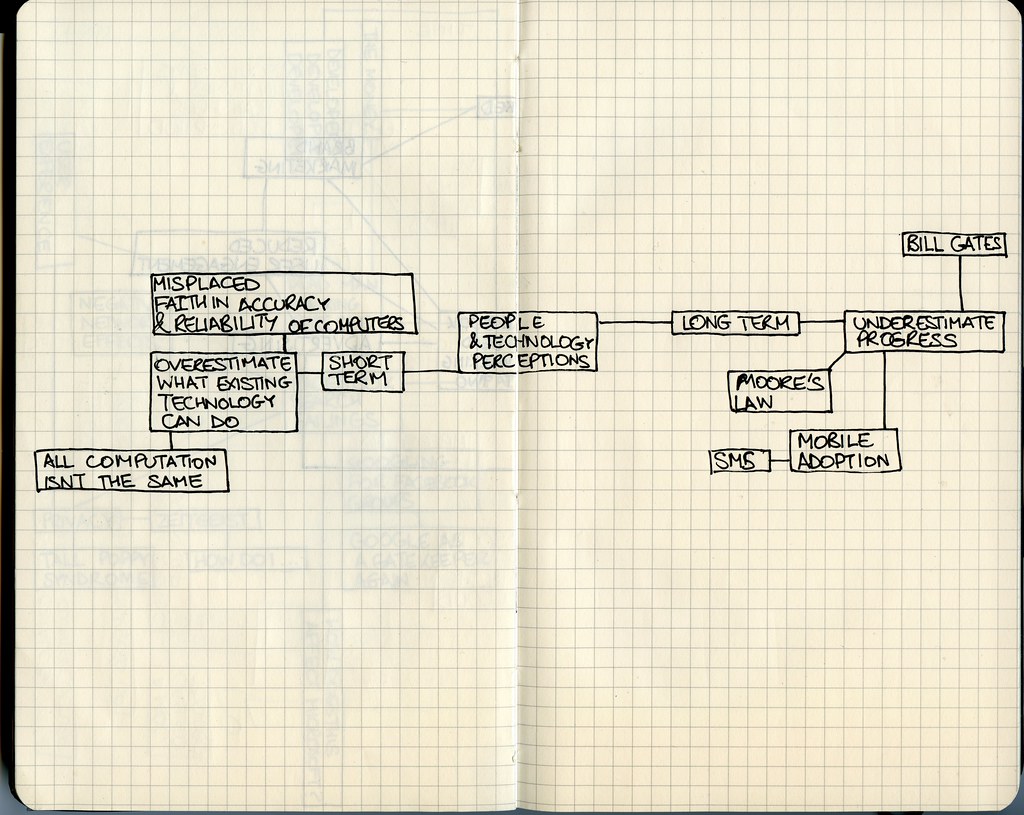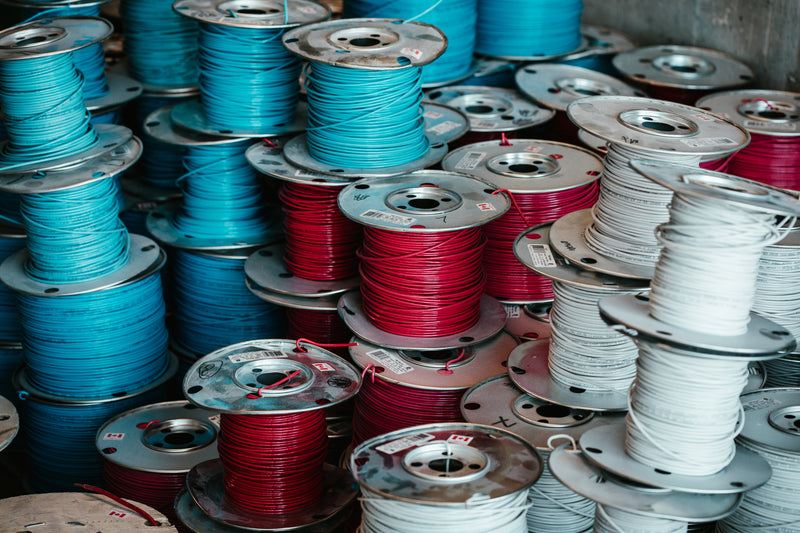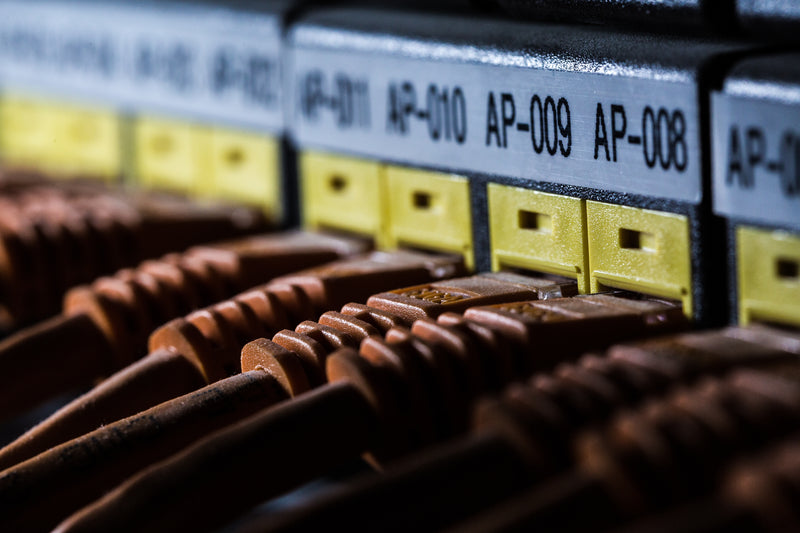When it comes to setting up a home theater system or upgrading your car’s sound system, selecting the right gauge speaker wire can make all the difference. The type of wire you choose can impact the overall sound quality and even affect how long your speakers last. With so many options available, it can be overwhelming to know where to start. That’s why we’ve consulted with a tech expert to provide you with a comprehensive guide on choosing the best gauge speaker wire. In this post, we’ll break down everything you need to know to make an informed decision and ensure that your audio setup is optimized for maximum performance.
Understanding Speaker Wire Gauge: Why It Matters
If you’re in the market for new speaker wires, it’s important to understand how gauge affects sound quality. The speaker wire gauge refers to the thickness or diameter of the wire. A lower number indicates a thicker wire, which has less electrical resistance and allows more current to flow through it. Higher gauge numbers indicate thinner wires with higher resistance.
Choosing the right speaker wire gauge can make a significant difference in your audio system’s performance. If you use a wire that is too thin, there will be more resistance and consequently less power reaching your speakers, resulting in weaker sound quality. On the other hand, if you choose a wire that is too thick for your setup, you may be overspending on unnecessary materials.
Investing time into choosing an appropriate speaker cable means making informed decisions based on factual information rather than marketing gimmicks or misinformation from unqualified sources. Understanding basic principles about how amplifier load works will help avoid investing money in expensive snake oil products when shopping by brand name only provides negligible benefits over properly sized wires without exotic branding claims attached to their listing descriptions.
The Science Behind Choosing the Best Gauge Speaker Wire
When it comes to choosing the best gauge speaker wire, understanding the science behind it is crucial. The gauge of a wire refers to its thickness, with lower numbers indicating thicker wires. Thicker wires have less resistance and can carry more current, resulting in better sound quality. However, the distance between your amplifier and speakers also plays a role in determining the ideal gauge.
The longer the distance, the more resistance the wire will encounter, which can affect sound quality. This is where the skin effect comes into play. As frequency increases, current tends to flow more towards the surface of the wire rather than through its center. This means that for higher frequencies, a thicker wire may not necessarily be better if it has a solid core. Instead, a thinner wire with multiple strands can be more effective in reducing resistance.
Ultimately, choosing the best gauge speaker wire involves finding a balance between thickness and distance while considering the specific needs of your audio system.
How to Determine the Ideal Speaker Wire Gauge for Your Audio System
The ideal speaker wire gauge for your audio system depends on two factors: the length of the wire and the power output of your amplifier. To determine the optimal gauge, you need to calculate the resistance of your speaker wire.
Firstly, take note of how long your speaker wires will be. The longer the distance, the higher resistance is in play and thicker wires are required to lower that load.
Secondly, check out your amplifier’s manual or specification page online to find its power output (measured in watts RMS). From there you can use a simple calculator available online by searching for “wire gauge calculator” which would give you an estimate on what kind of thickness is expected given all variables considered.
It’s important not to skimp on wire gauge as thin wires cannot handle high-powered amps with maximum performance and safety protection. Too-thick cables may also cause impedance concerns when connected over long distances leading towards signal weak points nearing their end destination – thus losing some sound quality at it arrives at a speaker or other equipment being powered by such an amp.
Debunking Common Myths About Speaker Wire Gauge and Sound Quality
One of the most common myths about speaker wire gauge is that thicker wires always sound better than thinner ones. While it’s true that larger gauges can handle more power, this does not necessarily translate into better audio quality.
Another myth to dispel is that you have to spend a fortune on high-end speaker wires to achieve great sound. In reality, even budget-friendly options can provide excellent performance if they meet your specific needs.
Lastly, some people believe that all speakers require the same gauge wire. However, different types and sizes of speakers may benefit from various gauges depending on their power requirements and distance from the amplifier. Choosing the right gauge for each speaker in your system will ensure optimal performance without wasting money on unnecessary thickness.
Comparing Different Gauges of Speaker Wires: Pros and Cons
When it comes to comparing different gauges of speaker wires, there are a few pros and cons to consider. Thicker wires generally have less resistance, which means they can carry more power and produce better sound quality. However, thicker wires can also be more expensive and harder to work with. Thinner wires are more affordable and easier to install, but they may not be able to handle as much power and could result in lower sound quality.
It’s important to note that the difference in sound quality between different gauges of speaker wire is often minimal, especially for shorter distances. While some audiophiles swear by thicker wires for the best possible sound, others argue that thinner wires are perfectly adequate for most home audio systems.
Ultimately, the best gauge speaker wire for your system will depend on a variety of factors, including the length of the wire run, the power output of your amplifier, and your personal preferences. It’s always a good idea to do your research and consult with an expert before making a final decision.
Top Tips for Installing and Maintaining Your Best Gauge Speaker Wires
Understanding the Importance of Gauge in Speaker Wire: A Brief Overview
The gauge of your speaker wire plays a crucial role in determining the quality of sound that your audio system produces. The gauge refers to the thickness of the wire, and the lower the gauge number, the thicker the wire. Thicker wires have less resistance and can carry more power to your speakers, resulting in better sound quality. It’s important to choose the best gauge speaker wire for your system based on factors such as distance between components, power output, and impedance. By selecting the right gauge wire and properly installing and maintaining it, you can ensure optimal performance from your audio system.
Factors to Consider When Choosing the Best Gauge Speaker Wire for Your Home Theater System
When selecting the best gauge speaker wire for your home theater system, there are a few key factors to keep in mind. First, consider the distance between your speakers and your amplifier. The longer the distance, the thicker the wire you’ll need to ensure optimal sound quality. Additionally, pay attention to the power requirements of your speakers and amplifier. Higher-powered systems will require thicker wires to handle the load without overheating or degrading sound quality. Finally, consider the overall aesthetics of your setup. Thicker wires can be more difficult to hide or route inconspicuously, so choose a gauge that balances performance with practicality.
Easy Tips for Installing and Maintaining Your Best Gauge Speaker Wires: Keeping your Sound Quality Top-Notch
To get the best out of your best gauge speaker wire, efficient installation and maintenance are crucial. Always use quality connectors, as loose connections can affect sound quality. For the installation process, avoid sharp bends or kinks in the wires to prevent damage that might cause short circuits. It’s also essential to keep your cables away from other electrical equipment which could cause interference with audio signals. Regularly inspecting and cleaning your speaker wires will ensure they remain in excellent condition, leading to top-notch sound performance that you deserve from investing in high-quality wires.
Keywords: best gauge speaker wire, sound quality
The Future of Audio Cables: Exploring New Technologies That Will Revolutionize Your Listening Experience
As technology advances, audio cables are also evolving to provide a better experience for music enthusiasts. One exciting development is the use of fiber optic cables, which eliminate interference and distortion caused by electromagnetic fields. Another development to watch out for is the integration of smart technologies into speaker wires, allowing you to control your sound system through voice commands or remote access. While these advancements are still in their early stages, it’s worth keeping an eye on them as they have potential to revolutionize your listening experience in the near future.
Expert Advice on Maximizing your Sound Quality with the Right Speaker Wire
To maximize your sound quality with the right speaker wire, proper installation is key. Make sure to strip the wire ends properly and securely connect them to your audio system. It’s also important to maintain your speaker wires by keeping them clean and free from any damage or wear and tear.
Another way to enhance your sound quality is by using high-quality connectors and terminations. Gold-plated connectors, for example, can help reduce signal loss and improve conductivity.
Additionally, consider investing in speaker wire that is made from high-quality materials such as copper or silver. These materials offer better conductivity and can help minimize distortion.
Finally, don’t forget to regularly check and adjust the positioning of your speakers for optimal sound distribution. With the right speaker wire and proper installation techniques, you can enjoy high-quality sound that truly enhances your audio experience.
In conclusion, choosing the best gauge speaker wire is a crucial step in maximizing your audio system’s sound quality. As a tech expert, I hope this guide has provided you with valuable insights into the science behind speaker wire gauge and how to determine the ideal gauge for your system. Remember to debunk common myths and compare different gauges before making a decision. And once you’ve found the best gauge speaker wire for your needs, be sure to install and maintain it properly for optimal performance.
If you found this article helpful, be sure to check out our other content on technology and audio systems. We have a wealth of information to help you make informed decisions and get the most out of your tech. Thanks for reading!




